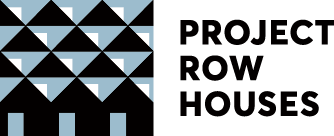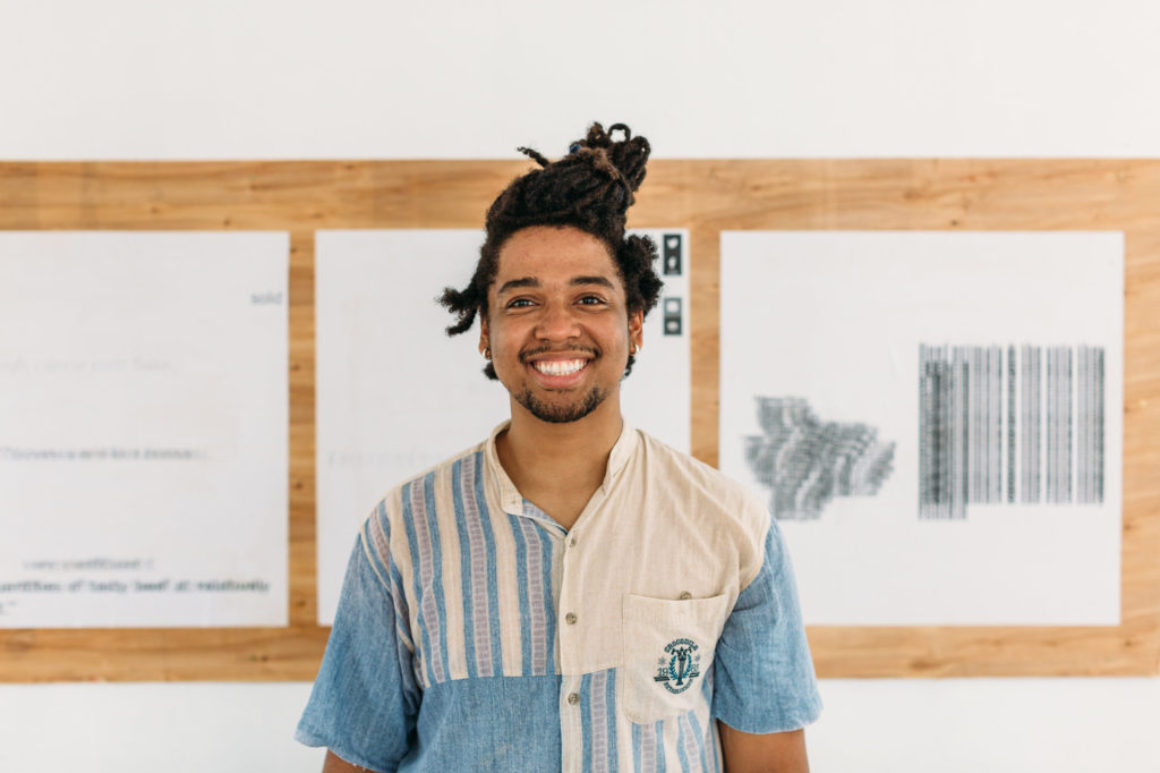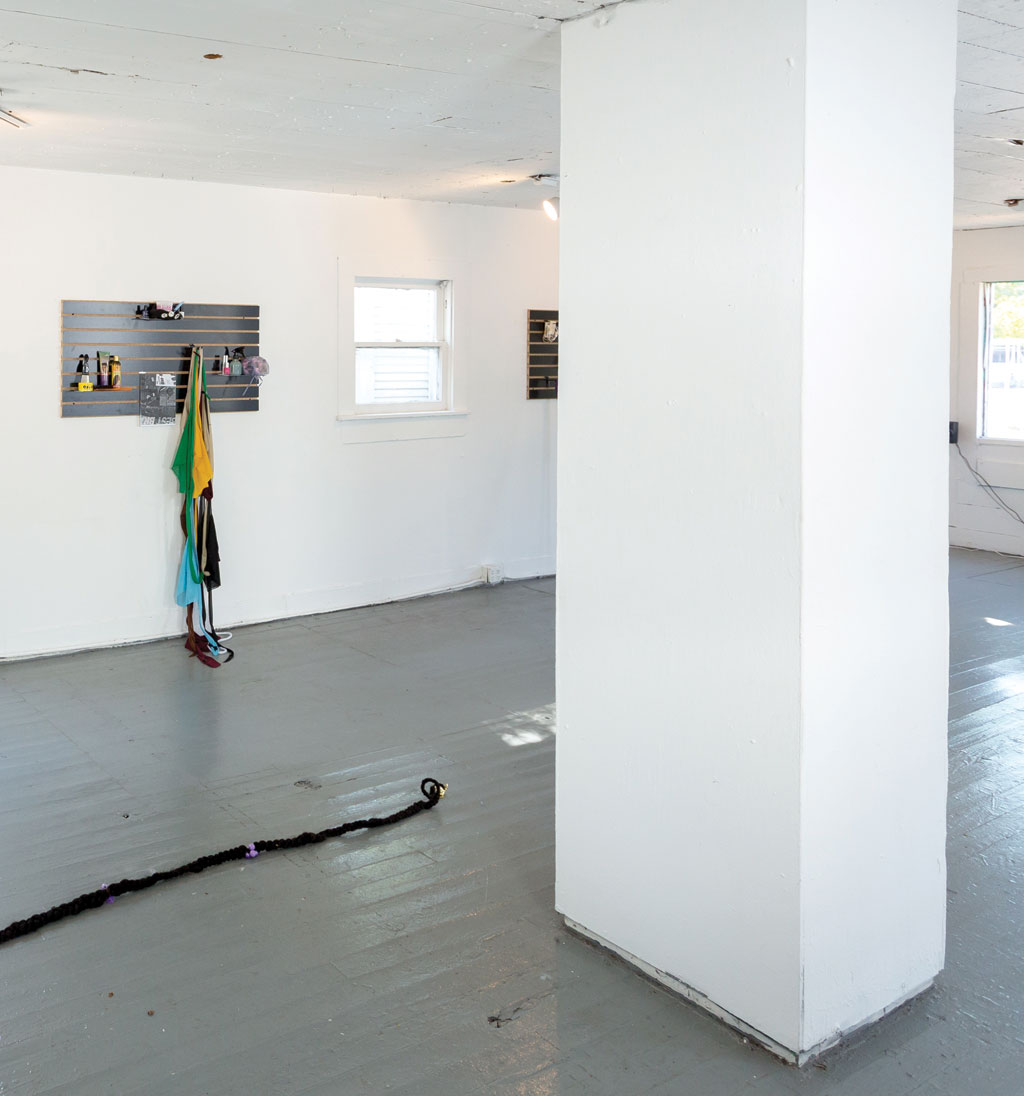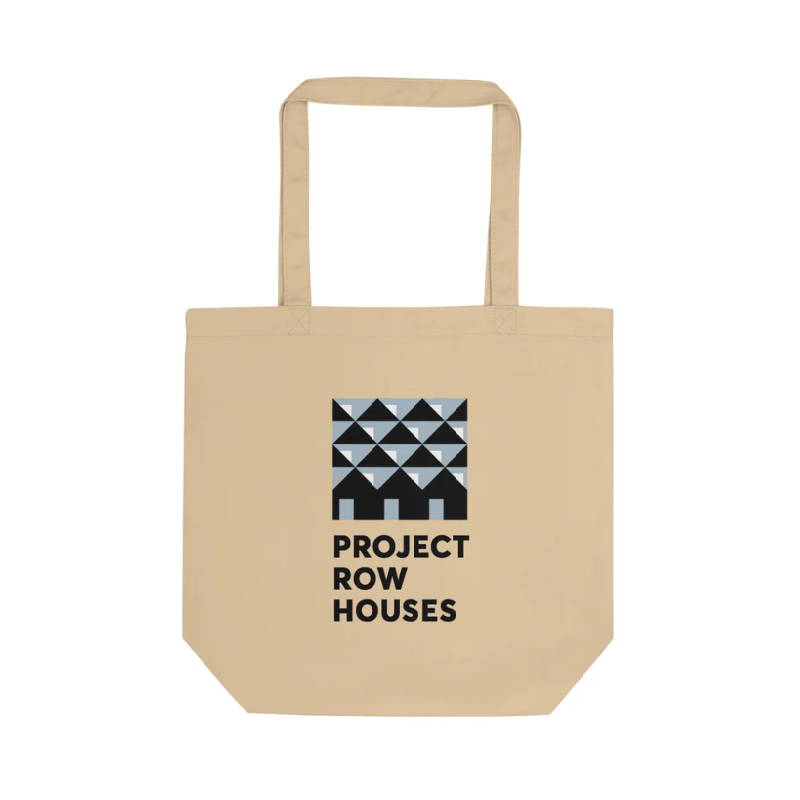By Stephanie Cheung
Photos by Stephanie Cheung
Amiri is casting a life-size rack of ribs. When the show opens, the ribs will be candy painted. Superimposing a piece of barbecue and a slab, both characteristic of the life and culture of Texas, Amiri makes his point, “Many think that cars are the prime source of pollution, but the consumption of meat is actually an even bigger problem.”
Over a bottle of Topo Chico, which he prefers to Coca-Cola, Amiri talks about the ethical, political and environmental complications of the beef that is savoured as barbecue, steaks and hamburgers all over America. The “simplicity of the murder,” in his words, has made meat-eaters so removed from the cruelty of the animal-industrial complex. Chemicals and hormones exacerbate health risks, on top of the fact that heart disease, related to an excessively meaty diet, is already the country’s number one killer. At a global level, the energy consumption and carbon emission involved in the meat industry aggravate the power and climate crises. Motivated by concerns over this wide range of issues, Amiri’s slabs of ribs call for rethinking on a cherished lifestyle that is becoming increasingly problematic in the 21st century.
Speaking to Texas and perhaps America in general, Amiri’s work, titled drip-hop // hip-hope [[[sources and effects of symbolic power]]], is also specific to Third Ward. The Rice University graduate has been a resident in the area since 2014, and has experienced this “food swamp” in first person. With very few outlets for healthy food in the neighborhood, “it’s so much easier to eat fast food than walking to a grocery store.” The absence of nutritious food vendors, a chicken-and-egg situation for a “culture” of unhealthy eating habits, is also conditioned by income disparity. “We cannot afford this error anymore,” says Amiri, noting the recent development that is changing Third Ward. Change can be for better or for worse – he hopes that this work would stimulate thoughts about consumption patterns and the demand for better options.
“When my installations are set up in specific places, they have to be relevant.” In this work which addresses food provision and consumption in the neighborhood, Amiri is supplementing his sculptural centerpiece with manipulated images/text, as well as VR videos played on Google Cardboard viewers. These videos, still in progress, are edited from footage taken when he walked around Third Ward, and bring in the setting like an experimental time capsule.
Further to communicating social messages at a symbolic level, Amiri also aspires to inspire something real. While his work critiques excessive meat consumption and proposes veganism as an alternative, he actually thought about applying for a grant to start a community-based farmer’s market to bring in more produce and create demand for a healthier diet in Third Ward. This is of course beyond the scope and time frame of Summer Studios, and he is aware that a real initiative can only be sustained if there is a steady flow of supporters. “Change needs to start with the people.” He believes that art can be a catalyst for mindset change, and with that, as in the case of PRH, “people can channel resources into something more constructive.”
About Stephanie Cheung
Stephanie Cheung is a Hong Kong based curator and writer. She is Lead Curator of the non-profit Make a Difference Institute, an Asian platform dedicated to building a creative civil society. With a fellowship grant from the Asian Cultural Council, she is currently researching on socially engaged art in different cities in America.






